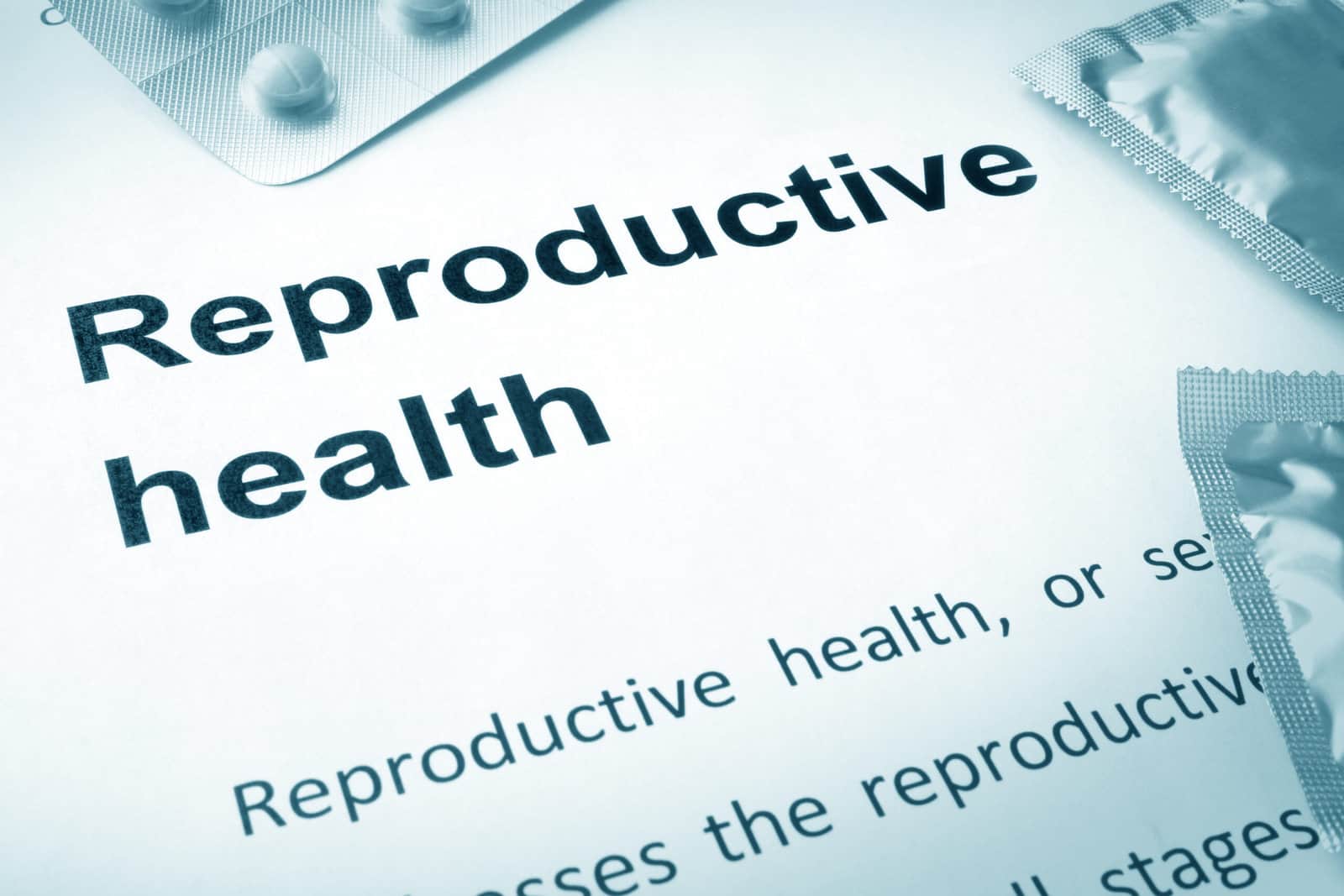Infertility is a complex issue affecting millions of couples worldwide, often linked to various reproductive health disorders. Understanding these disorders is crucial for effective diagnosis and treatment.
Hormonal Disorders
Hormonal imbalances are significant contributors to infertility in both men and women. Conditions such as Polycystic Ovary Syndrome (PCOS) disrupt normal ovulation due to excess androgens. Women with PCOS may experience irregular menstrual cycles and difficulties conceiving. In men, hormonal disorders like hypogonadism can lead to reduced testosterone levels, resulting in low sperm production.
Uterine and Ovarian Disorders
Structural abnormalities in the reproductive organs can impede fertility. Uterine conditions such as fibroids, polyps, or congenital anomalies can interfere with embryo implantation and growth. Ovarian disorders, including diminished ovarian reserve (DOR) and premature ovarian failure (POF), can limit the number of viable eggs available for fertilization. These conditions can be diagnosed through imaging techniques like ultrasound or hysteroscopy.
Endometriosis
Endometriosis is a painful condition where tissue similar to the uterine lining grows outside the uterus, often affecting the ovaries and fallopian tubes. This growth can cause scarring and adhesions, leading to blockages that prevent the egg and sperm from meeting. Endometriosis is often associated with chronic pain, heavy periods, and infertility, affecting approximately 10% of women of reproductive age.
Tubal Factors
Blocked fallopian tubes can prevent sperm from reaching the egg, leading to infertility. Conditions such as pelvic inflammatory disease (PID), often caused by sexually transmitted infections (STIs), can lead to scarring and blockage of the tubes. Additionally, previous surgeries in the pelvic region can also contribute to tubal factor infertility.
Age-Related Factors
Age significantly impacts female fertility, as a woman’s egg quality and quantity decline with age. Women over 35 may experience more difficulties conceiving due to reduced ovarian reserve and increased chromosomal abnormalities in eggs. In men, sperm quality can also decline with age, though the effects are generally less pronounced than in women.
Genetic Disorders
Certain genetic conditions can affect fertility. For women, Turner syndrome is characterized by the absence of one X chromosome, often resulting in premature ovarian failure. In men, Klinefelter syndrome, which involves an extra X chromosome, can lead to low testosterone levels and infertility due to impaired sperm production.
Lifestyle Factors
Lifestyle choices such as smoking, excessive alcohol consumption, obesity, and poor diet can adversely affect reproductive health. These factors can lead to hormonal imbalances, reduced sperm quality, and ovulatory dysfunction, making conception more challenging.
Conclusion
Understanding the various reproductive health disorders that can lead to infertility is essential for both prevention and treatment. Couples facing challenges in conceiving should consult healthcare professionals for comprehensive evaluations, which may include hormonal assessments, imaging studies, and lifestyle modifications. Early diagnosis and intervention can significantly improve the chances of successful conception and overall reproductive health.
